In the realm of finance and investment, the spot market serves as the bedrock upon which various financial transactions are built. It is a marketplace where assets, commodities, or financial instruments are traded for immediate delivery and settlement. Understanding the spot market is essential for investors as it forms the basis for real-time pricing, and it plays a crucial role in the global economy. In this article, we will delve into what a spot market is, how it functions, its significance in the context of investment, and some examples of assets traded in this market.
Defining the Spot Market:
The spot market, often referred to as the cash market or physical market, is where financial instruments, commodities, currencies, and other assets are bought and sold for immediate settlement and delivery. In this context, "spot" refers to the current market price at which an asset can be bought or sold.
How the Spot Market Works:
In the spot market, transactions occur "on the spot," meaning that the exchange of the asset and payment takes place virtually immediately, typically within two business days. Here's how it works:
1. Buyer and Seller Agreement: A buyer and seller agree on the terms of the transaction, including the asset being traded, the quantity, and the price.
2. Immediate Exchange: The exchange of the asset and payment happens instantly or within a very short timeframe. For instance, in the foreign exchange (forex) spot market, currency pairs are exchanged for immediate delivery.
3. Settlement: Settlement involves the finalization of the transaction, including the transfer of ownership and funds between the parties. Settlement times can vary depending on the asset and market, but it is typically done within a couple of days.
4. Delivery: In some cases, especially in commodity markets like the oil or agricultural markets, physical delivery of the asset may occur, but in most financial markets, transactions are settled in cash without the actual physical transfer of the asset.
Significance in the Context of Investment:
The spot market holds significant importance for investors for several reasons:
1. Real-Time Pricing: The prices at which assets are traded in the spot market are considered real-time and represent the current supply and demand conditions. These prices serve as benchmarks for various financial instruments and investments.
2. Immediate Access: Investors can access the spot market to buy or sell assets with little to no delay. This allows for quick execution of trades based on current market conditions.
3. Risk Management: Spot market prices are used as reference points for various financial derivatives, such as futures and options contracts. Investors can use these derivatives to hedge or manage their risk exposure.
4. Price Discovery: Spot markets play a critical role in price discovery, helping determine the fair market value of assets. The prices established in the spot market can influence longer-term investment decisions.
Examples of Assets Traded in the Spot Market:
1. Foreign Exchange (Forex): The forex market is one of the largest spot markets globally, where currencies are traded in pairs for immediate delivery. For example, the EUR/USD currency pair represents the exchange rate for euros in terms of U.S. dollars.
2. Commodities: Various commodities, including oil, gold, wheat, and coffee, are traded in the spot market. The prices at which these commodities are traded reflect their current market value.
3. Equities: Common stocks are typically bought and sold in the spot market, with transactions settled immediately.
4. Cryptocurrencies: Cryptocurrencies like Bitcoin and Ethereum are traded in spot markets, where buyers and sellers exchange digital coins for immediate settlement.
In conclusion, the spot market serves as the foundation of real-time trading in the world of investment. It provides investors with immediate access to assets and commodities, allowing for quick decision-making and real-time price discovery. Understanding the mechanics and significance of the spot market is essential for investors seeking to navigate financial markets and make informed investment choices based on current market conditions.

